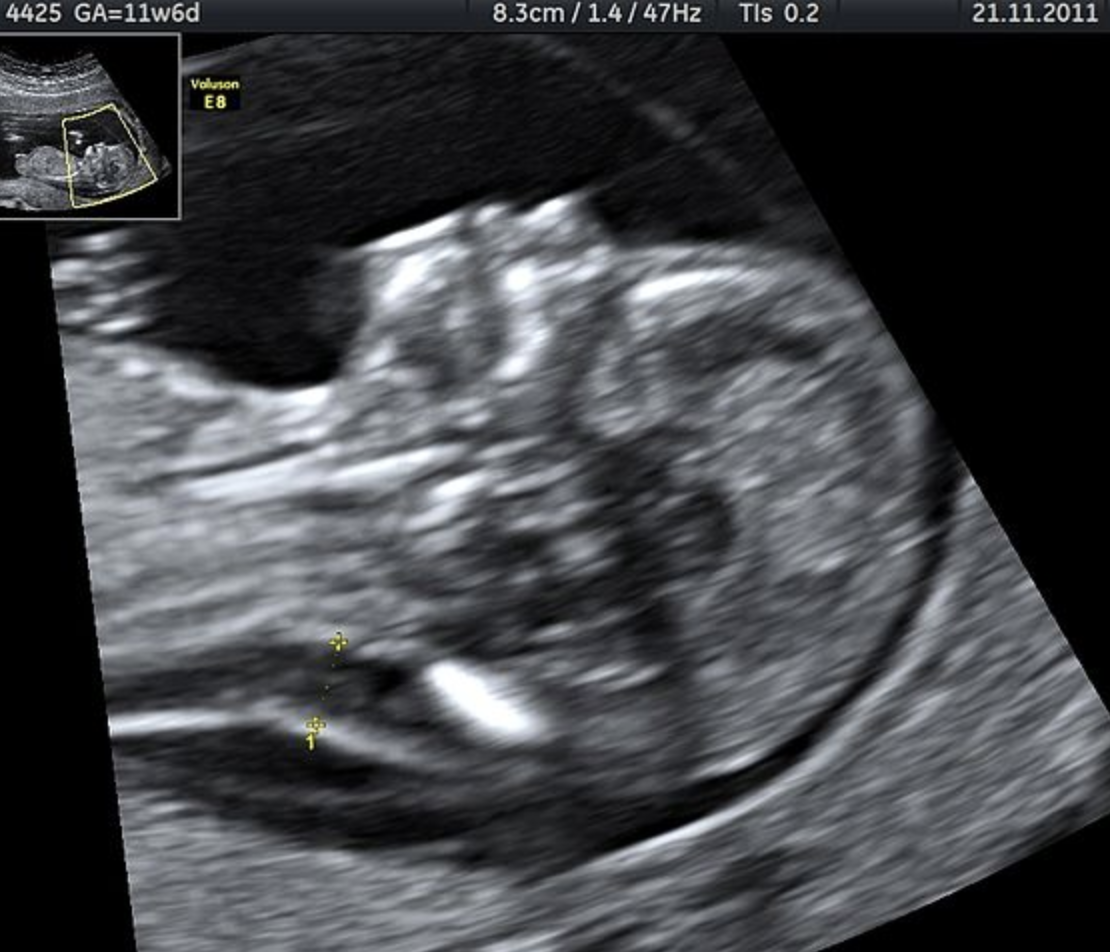Choosing Life With Down Syndrome
By Ruth Graham,
Slate
| 05. 31. 2018
Celeste Blau’s first pregnancy was smooth from the beginning. She stayed active and kept working at the gelato shop she owns with her family outside of Cleveland. She wasn’t ignoring the pregnancy, exactly—it was planned—but she didn’t think of herself as a very maternal person, and pregnancy seemed like something to endure rather than to enjoy. At her first ultrasound, she was mostly excited to find out whether she was having a boy or a girl. She was 31, relatively young, and it didn’t occur to her that anything could be wrong.
The ultrasound appointment at the Cleveland Clinic took three hours. She only realized that was unusual a few years later, when she was pregnant again and the same process took 30 minutes. Lying on the table, her belly smeared with gel, she started to feel a niggling fear when the technicians weren’t laughing at her and her husband’s jokes. (“And we’re funny!” she said.) Afterward, the doctor asked to speak to them in his office. He was concerned because the baby’s brain ventricles looked enlarged, Blau recalls, and...
Related Articles
By Steve Rose, The Guardian | 01.28.2026
Ed Zitron, EZPR.com; Experience Summit stage;
Web Summit 2024 via Wikipedia Commons licensed under CC by 2.0
If some time in an entirely possible future they come to make a movie about “how the AI bubble burst”, Ed Zitron will...
By Arthur Lazarus, MedPage Today | 01.23.2026
A growing body of contemporary research and reporting exposes how old ideas can find new life when repurposed within modern systems of medicine, technology, and public policy. Over the last decade, several trends have converged:
- The rise of polygenic scoring...
By Daphne O. Martschenko and Julia E. H. Brown, Hastings Bioethics Forum | 01.14.2026
There is growing concern that falling fertility rates will lead to economic and demographic catastrophe. The social and political movement known as pronatalism looks to combat depopulation by encouraging people to have as many children as possible. But not just...
By Josie Ensor, The Times | 12.09.2025
A fertility start-up that promises to screen embryos to give would-be parents their “best baby” has come under fire for a “misuse of science”.
Nucleus Genomics describes its mission as “IVF for genetic optimisation”, offering advanced embryo testing that allows...




